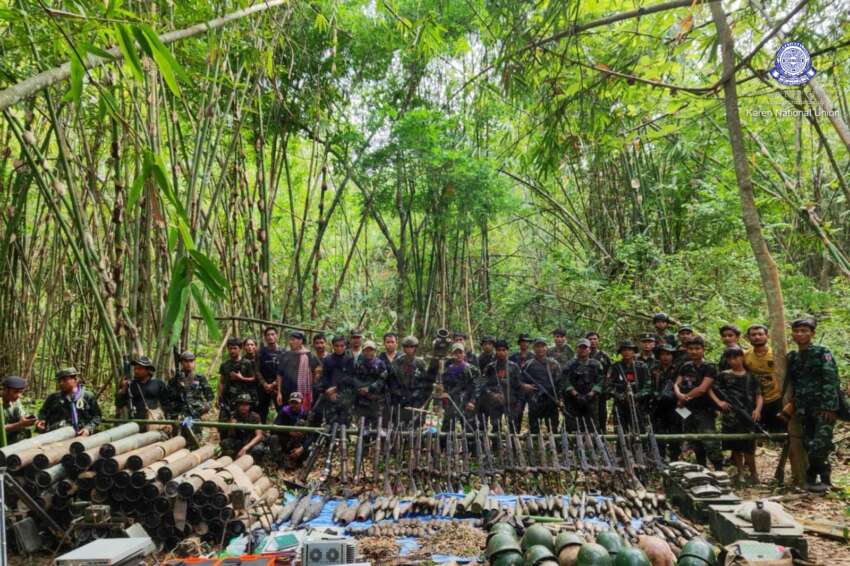
The Karen National Union (KNU) issued a significant statement on May 9th expressing grave concerns about the military council’s plans to construct a nuclear power plant using Russian technology. The statement emphasized the potential risks to the safety, security, and well-being of both Myanmar and Thai citizens. The announcement identified two possible locations for the nuclear power plant construction: the central region of Bago Division and the Dawei Special Economic Zone in Tanintharyi Division near the Thai border. This development has raised serious concerns about the potential impact on regional stability and civilian safety.
The statement was released following KNLA’s successful recapture of the Theecee area in Dawei Township, Tanintharyi Division. The KNU detailed the history of military conflicts and civilian displacement that occurred after the Myanmar military seized control of the Myeik-Dawei District territory in 1997. The organization firmly believes that regaining control of the Theecee military base through KNU Brigade 4 is essential to guarantee the security of both Myanmar and Thai citizens. The statement emphasizes the necessity of military action against the military council to ensure people’s right to self-determination and to protect civilians from the military’s violence.
The announcement further elaborated on the KNU’s commitment to maintaining peaceful relations with Thai citizens, highlighting their historical coexistence and future aspirations for continued mutual respect and friendship. The KNU emphasized their dedication to maintaining permanent peace and cooperative relations with Thailand, expressing hope for understanding from the Thai people. The statement also addressed the broader context of regional security concerns, particularly focusing on the implications of the military council’s nuclear power plant project and its potential impact on civilian safety in both countries. The KNU reaffirmed its position as a defender of civilian interests and its commitment to preventing any actions by the military council that could threaten regional stability and civilian well-being.



